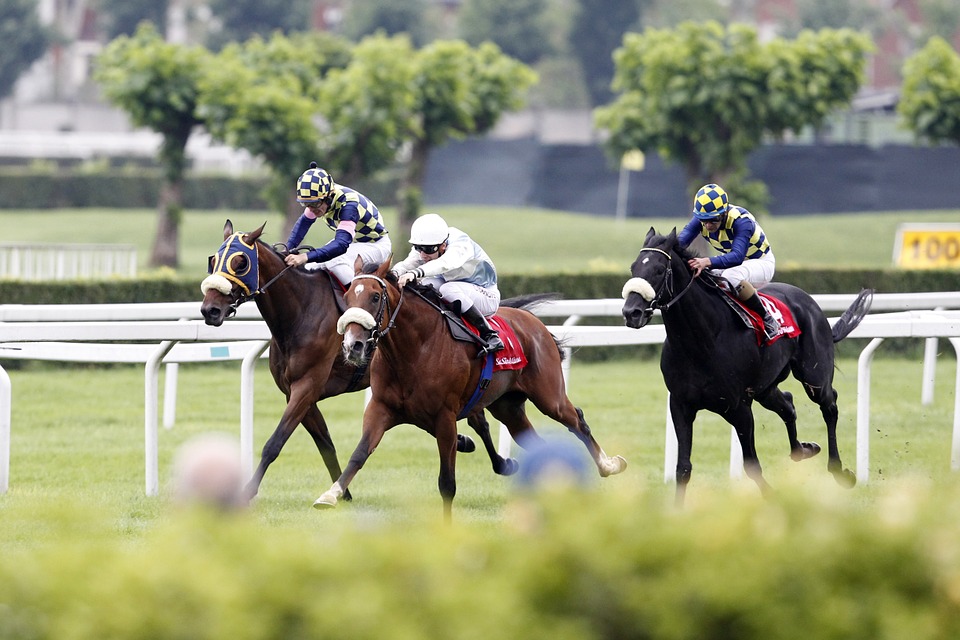The team behind winning Thoroughbreds

From ‘Saintly’ to ‘So You Think’ and ‘Winx’– for every champion Thoroughbred racehorse, there is a team working hard behind the scenes to keep these racing athletes in the best of health.
According to specialist equine surgeon, Dr Chris O’Sullivan, lameness is the major cause of lost training days in racing Thoroughbreds. Dr Chris O’Sullivan will discuss strategies for investigating lameness and other problems in Thoroughbred horses at the Australian Veterinary Association’s Bain Fallon Memorial Lectures tomorrow in Sydney.
Dr O’Sullivan says that the key to keeping Thoroughbred racehorses healthy and at the top of their game is a good working relationship between the veterinarian, farrier and trainer.
“The relationship between the veterinarian, farrier and trainer is paramount to providing optimal services to a stable. Excellent communication is essential, as is an appreciation of expectations, aims, economics and the trainer’s previous personal experience.
“Ideally an environment is created where racing horses are consistently being evaluated and if any change is detected that causes a trainer to question what effect continued exercise will have on the horse, they will have the horse examined by the veterinarian.
“This type of monitoring creates a rewarding environment for assessment of therapy, since race performance alone is not always an accurate determinate of therapeutic success,” Dr O’Sullivan said.
While trainers tend to establish feeding and training routines, regular monitoring and reporting of the horse in relation to these, and any intention to make changes to feed or work schedule should always be communicated to the veterinarian. Weekly monitoring of body weight and daily monitoring of feed intake and rectal temperatures provide a great screening tool for potential clinical problems. Riders, trainers and clockers can monitor for lameness, respiratory noise, altered breathing pattern or performance and poor recovery after exercise.
AVA’s equine group President, Dr Ben Poole, says that Australian Thoroughbreds that compete at the highest level have veterinarians that are hard at work behind the scenes to keep these athletes performing at their best.
“There are many equine veterinarians who work in Australia’s horseracing industry and their concern first and foremost is the health and welfare of the horses.
“It’s critical for trainers and veterinary teams to have good working relationships. From there, they can work together to keep horses in tip-top condition,” Dr Poole said.
Source: EVA

